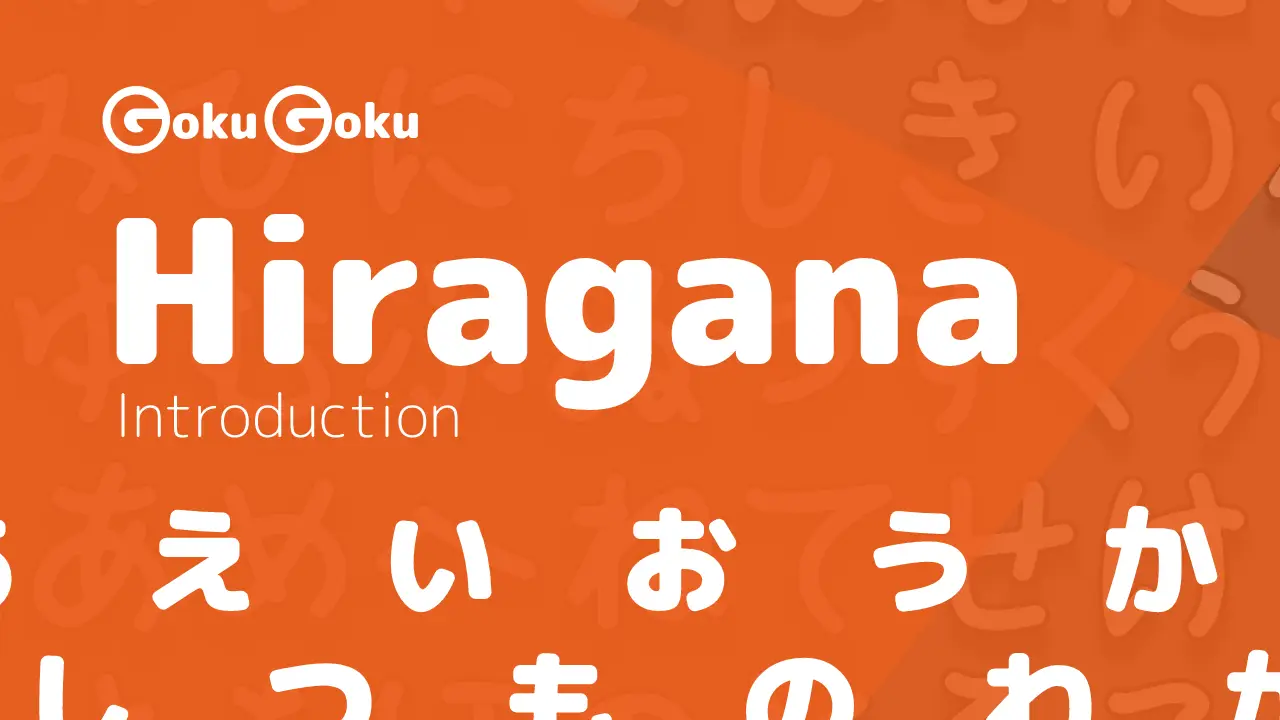ところだ (tokoroda) is a term used to say that you are about to do something. Its meaning specifically changes depending on the conjugation applied to the verb preceding ところだ.
We have three possible conjugations for this term:
- るところだ (
dictioary form): indicates thatyou are about to start doing. - たところだ (
form in た, past tense): Indicatesyou have just finished doingoryou have just done. - ているところだ (
ている form): Indicates thatyou are doing somethingright now .
Origin of ところだ
ところだ is derived from the term ところ (sometimes abbreviated to とここ).
ところ means place or situation. The literal translation can therefore be interpreted as to be at this moment (だ is the copula in Japanese meaning to be).
るところだ
Let's look at an example sentence to understand how to use るところだ:
これから彼に話すところだ。
I'm about to talk to him.
This sentence uses the verb to speak 話す in its basic form (dictionary form). In this case as we have seen the use of ところだ translates as I am going to do.
The sentence uses the particle に to indicate towards whom I am going to speak, i.e. him 彼.
The full meaning of the sentence is thus that I (subject implied, 私は) am about to go and talk to him (I haven't done it yet but I'm about to do it right now).
たところだ
Also for たところだ let's see an example sentence to understand how it is used:
今、食べ終わったところだ。
I've just finished eating.
The verb in the example is finish eating 食べ終わる. The verb is conjugated in the form in ta (past tense), and becomes 食べ終わった.
For this reason, the meaning of ところだ becomes I just finished doing.
ているところだ
Finally, we also see an example of how to use ているところだ:
今、映画を見ているところだ。
I'm watching the film right now.
The verb to see 見る is conjugated in the ている form, which becomes 見ている.
The meaning of ところだ is therefore I am doing right now.
ところだ before, during and after
We can summarise the uses of ところだ through 3 terms:
直前 just before, immediately before
I am about to perform the action: use of the plain form in the present tense.
今から、会社を出るところだ。
I'm just leaving the office now.
最中 in the middle of, in the course of
The action is in progress, I am performing the action: use of the ている form.
宿題をしているところだから、後で電話する。
I'm doing my homework, I'll call you later.
直後 immediately following
The action has just ended: use of the plain form in the past tense.
今、電車を降りたところなので、あと10分ぐらいで着きます。
I've just got off the train, so I'll be there in about 10 minutes.
Other examples of ところだ
今、晩ご飯の準備をしているところだから、もう少し待ってください。
I'm preparing dinner now, so please wait a little longer.
これからそちらに向かうところです。
I am on my way there now.
あきこ
今、何をしているの?
What are you doing now?
えいこ
お風呂に入るところだよ。
I'm about to take a bath.
Similar grammar points in Japanese 📚
それでもいい
それでもいい (soredemoii) Meaning Japanese Grammar - It's Fine
それでも
それでも (sore demo) Meaning Japanese Grammar - Still
させられる・せられる
させられる・せられる (saserareru serareru) Meaning Japanese Grammar - To Be Made To Do Something
ないで
ないで (naide) Meaning Japanese Grammar - Without Doing
ないで~なくて
ないで~なくて (naide / nakute) Meaning Japanese Grammar - Without Doing
など
など (nado) Meaning Japanese Grammar - Etc

